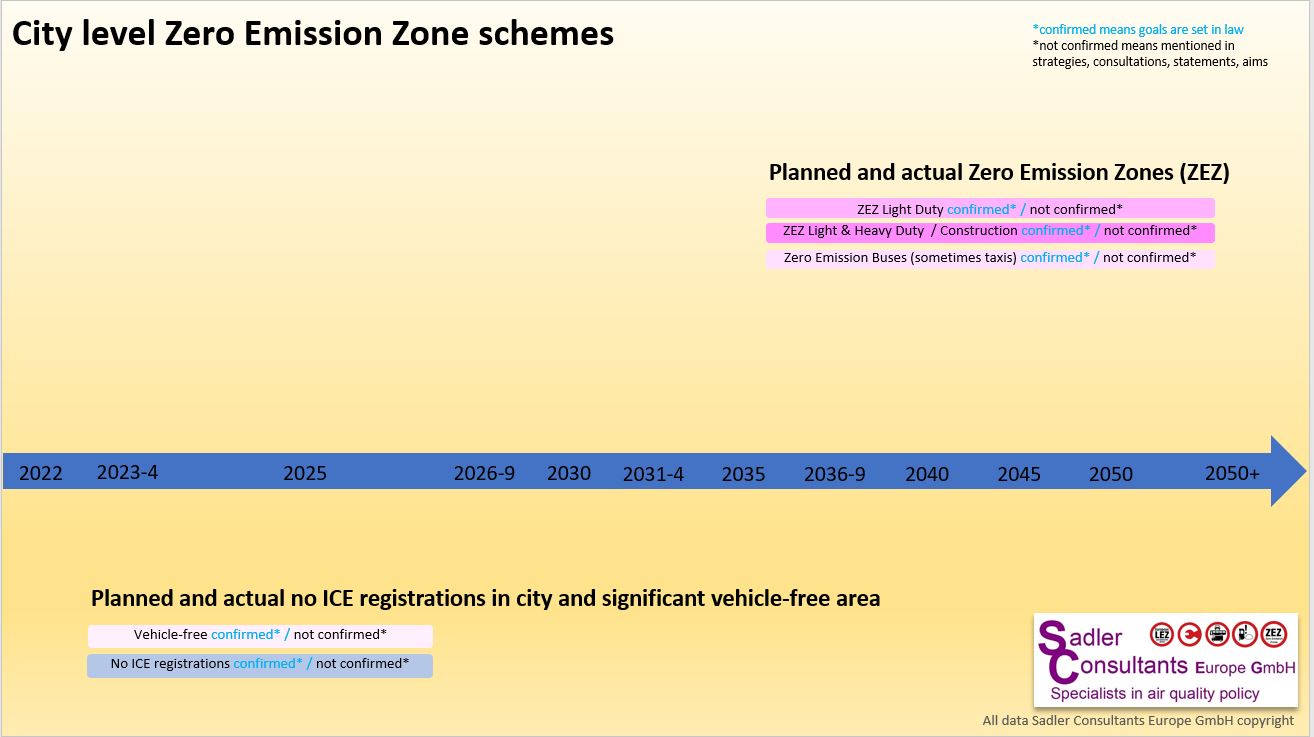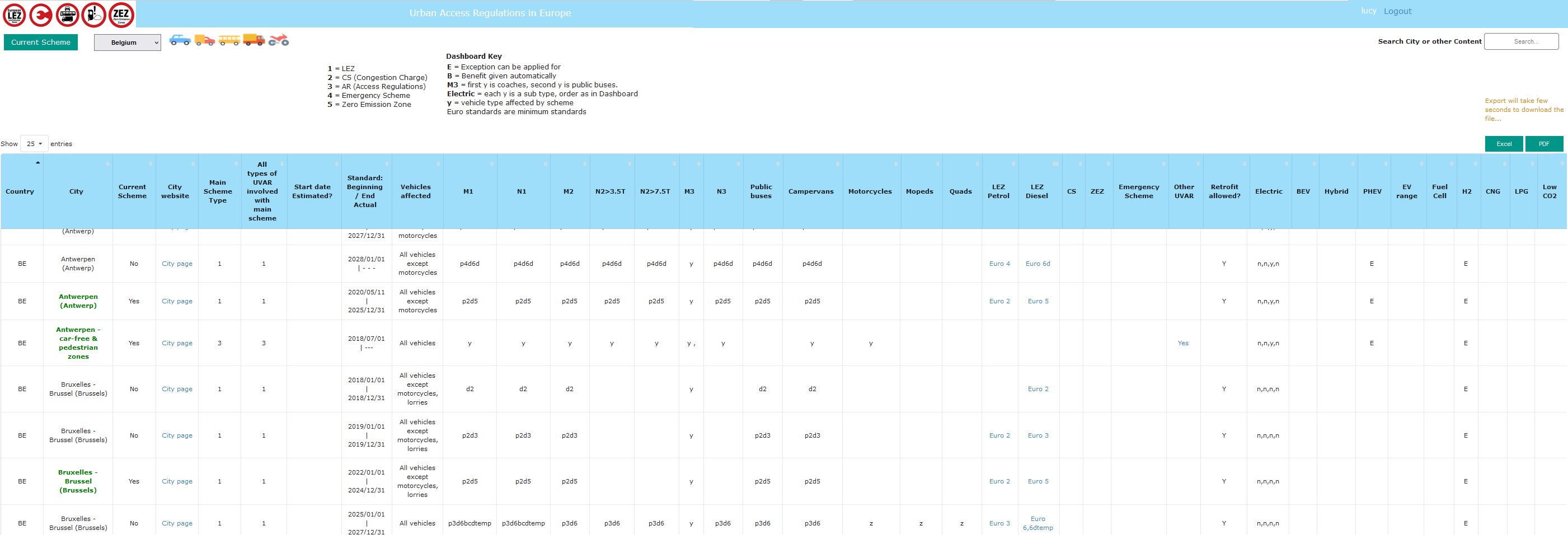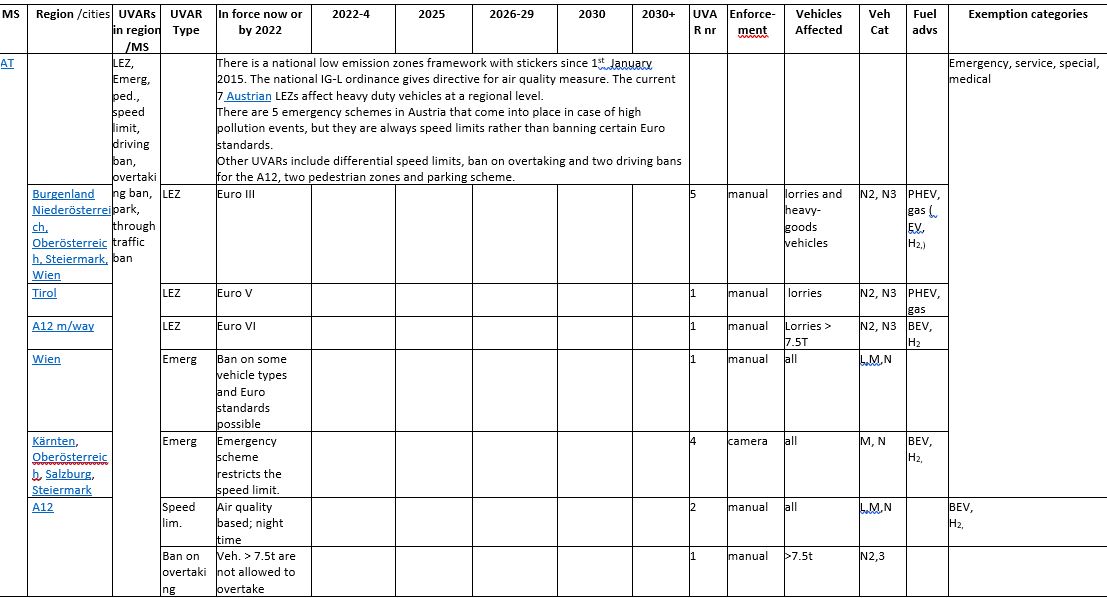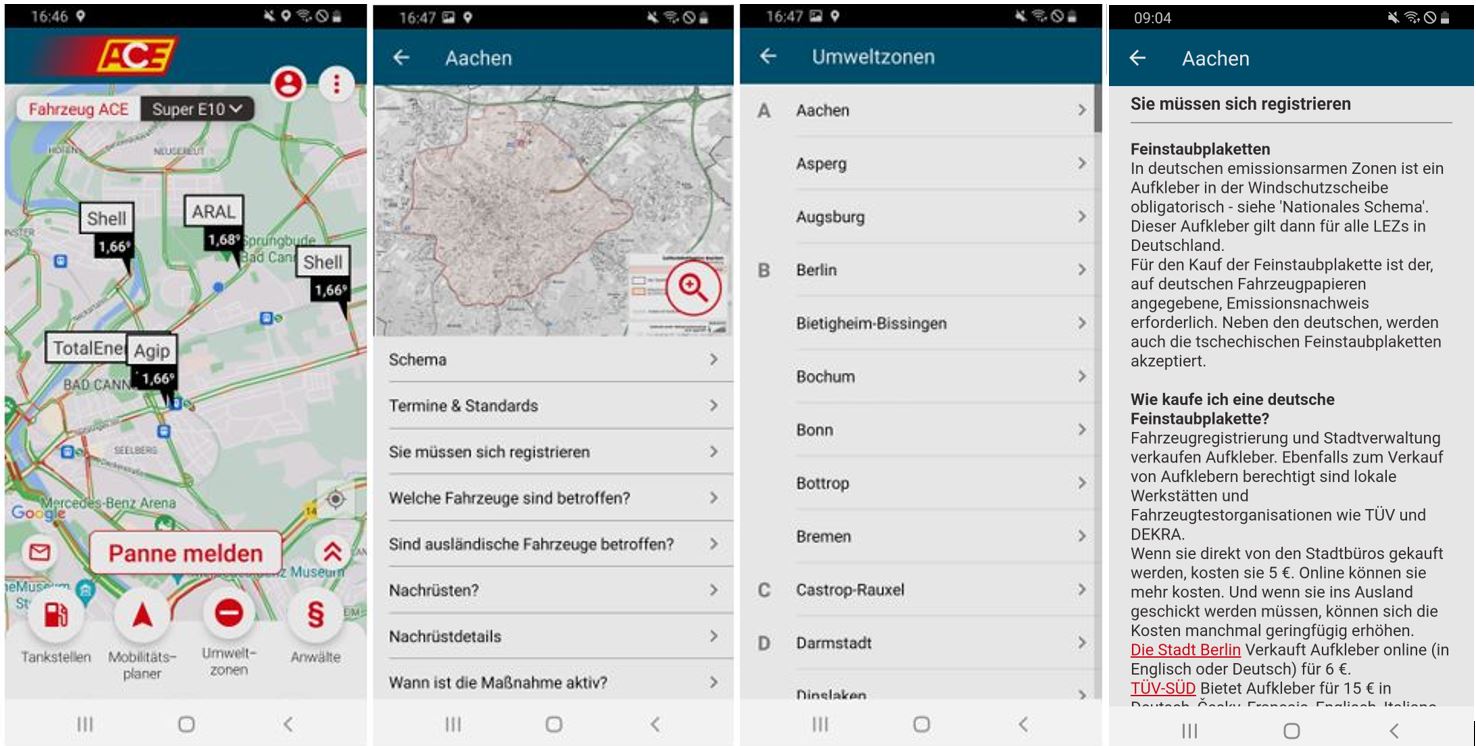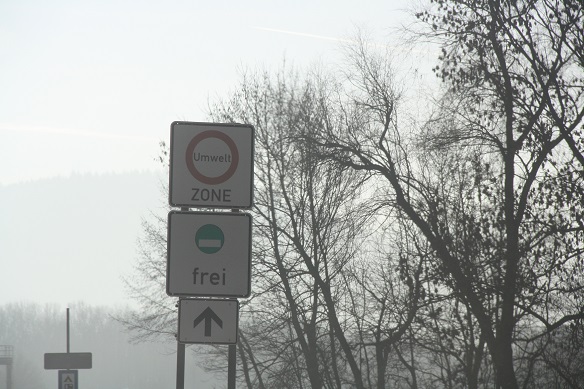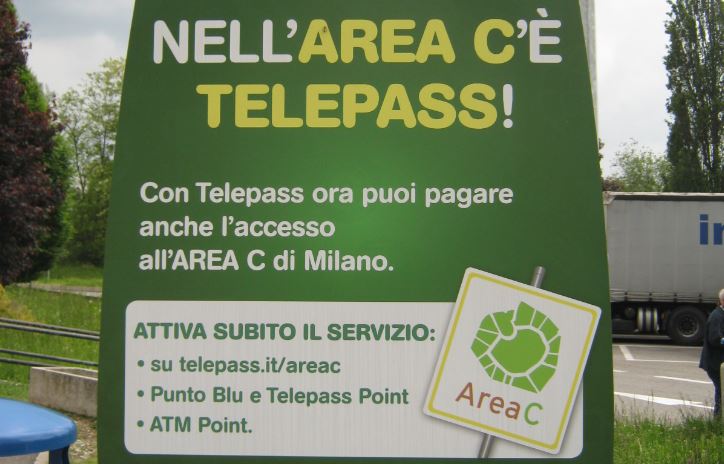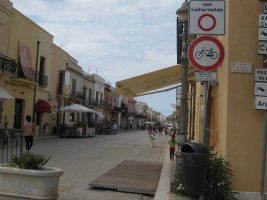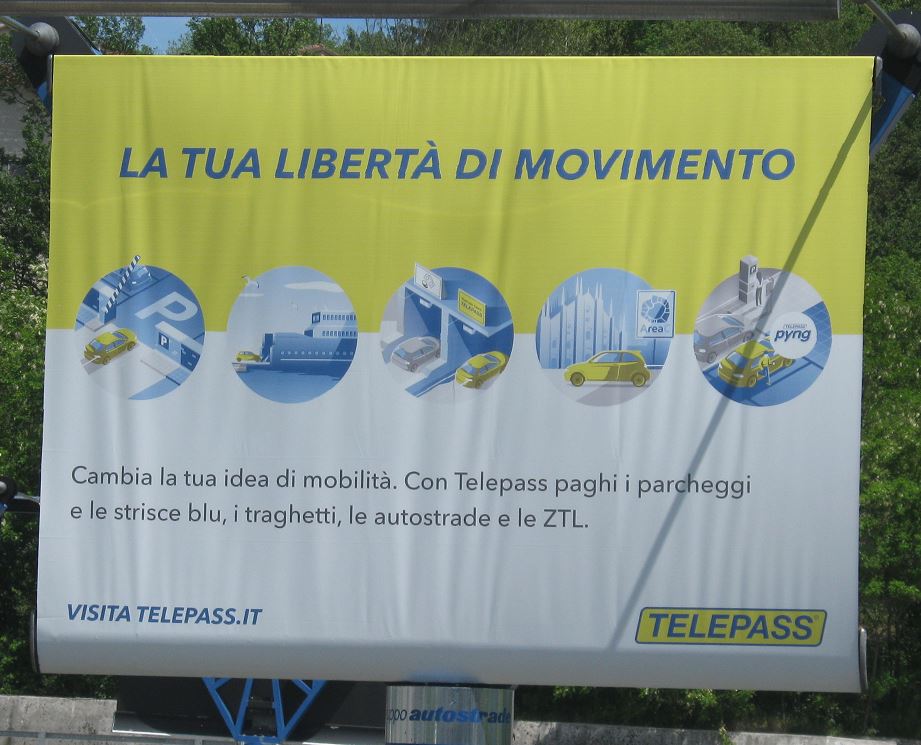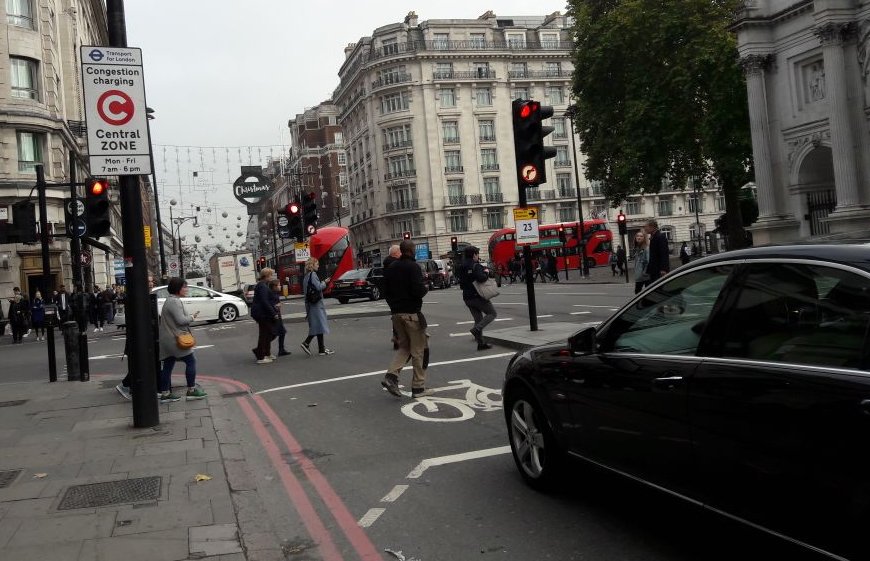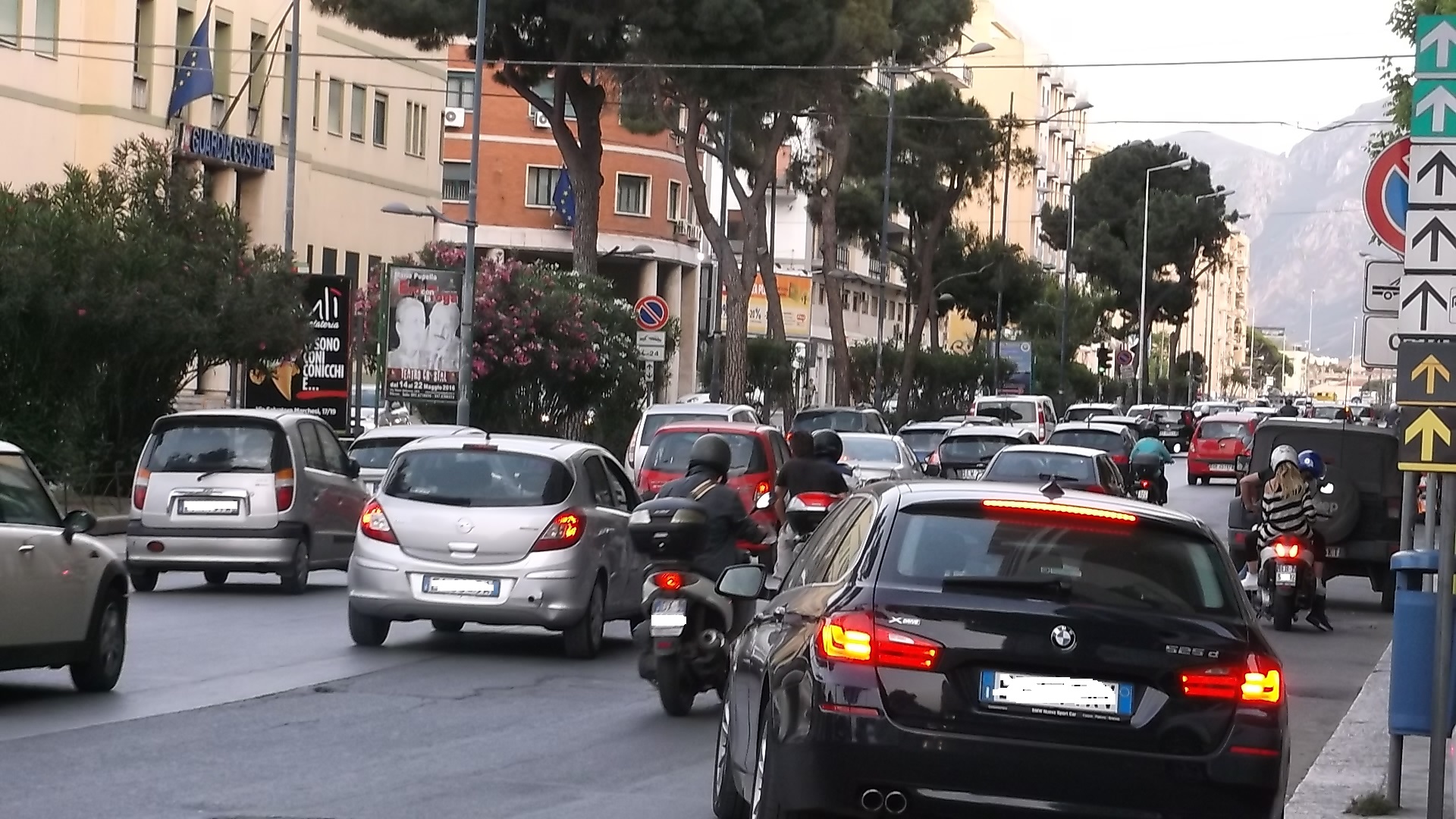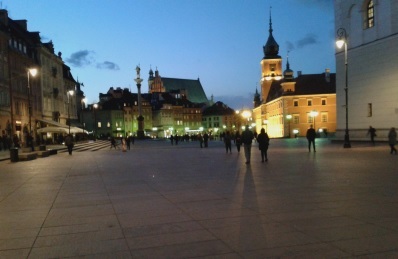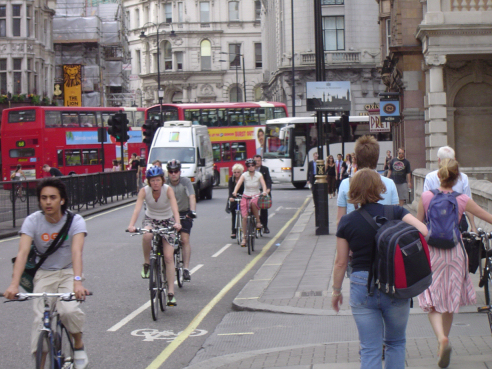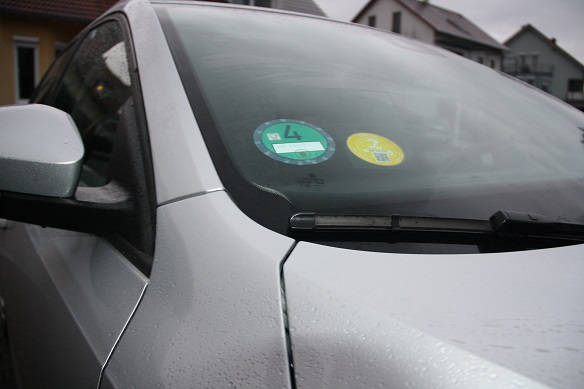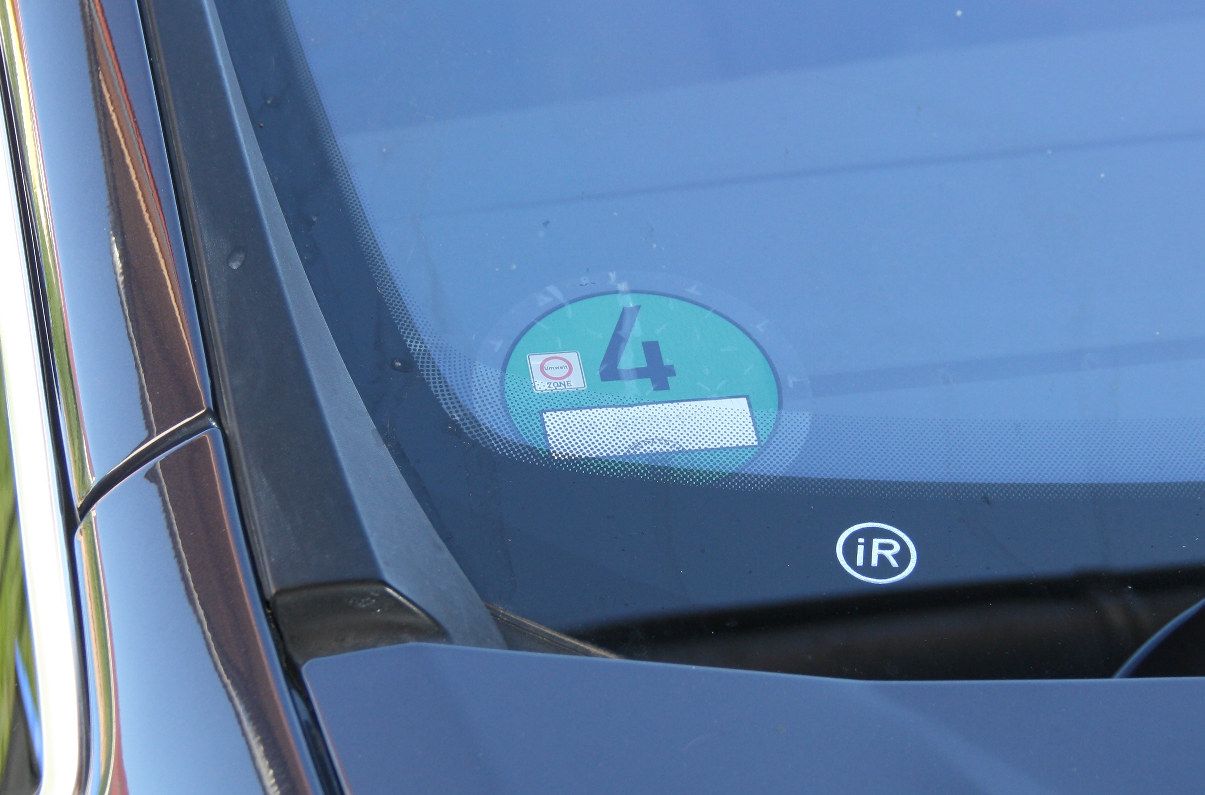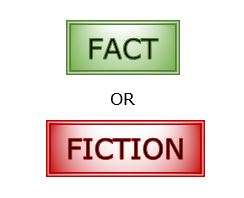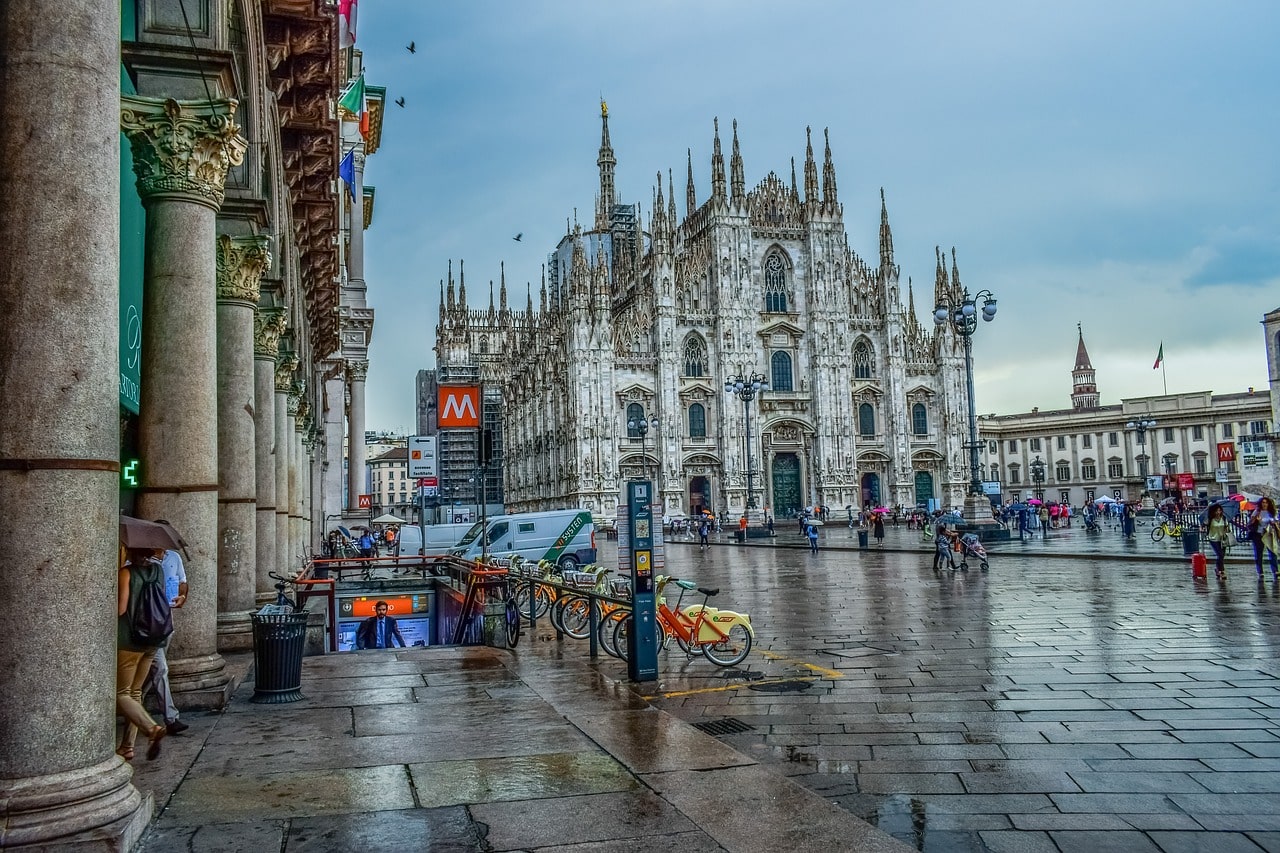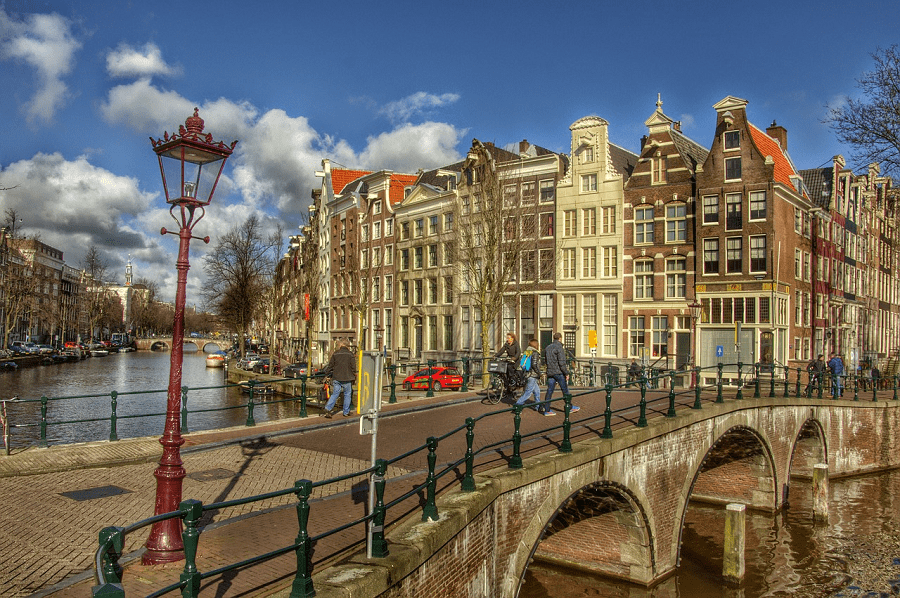This website and data are copyrighted, but made available free of charge for private use, to help you navigate Europe.
If you want to use the data for non-private use, then conditions apply.
For students, please quote www.urbanaccessregulations.eu as the source.
For commercial use, please contact This email address is being protected from spambots. You need JavaScript enabled to view it. to arrange terms.
We also have other data and other data formats that you might find useful and interesting.
For NGOs or not-for profit organisations, we have special conditions, again, contact This email address is being protected from spambots. You need JavaScript enabled to view it. to arrange terms.
If in doubt, please contact This email address is being protected from spambots. You need JavaScript enabled to view it..

 , presented on a timeline to give an overview. There are different sheets for different aspects (city / national / climate neutral) etc. We have needless to say removed the data for this image. There are a number of timelines, one for ZEZs, National/regional ICE bans, Net Zero aims at city and national levels and diesel bans.
, presented on a timeline to give an overview. There are different sheets for different aspects (city / national / climate neutral) etc. We have needless to say removed the data for this image. There are a number of timelines, one for ZEZs, National/regional ICE bans, Net Zero aims at city and national levels and diesel bans.